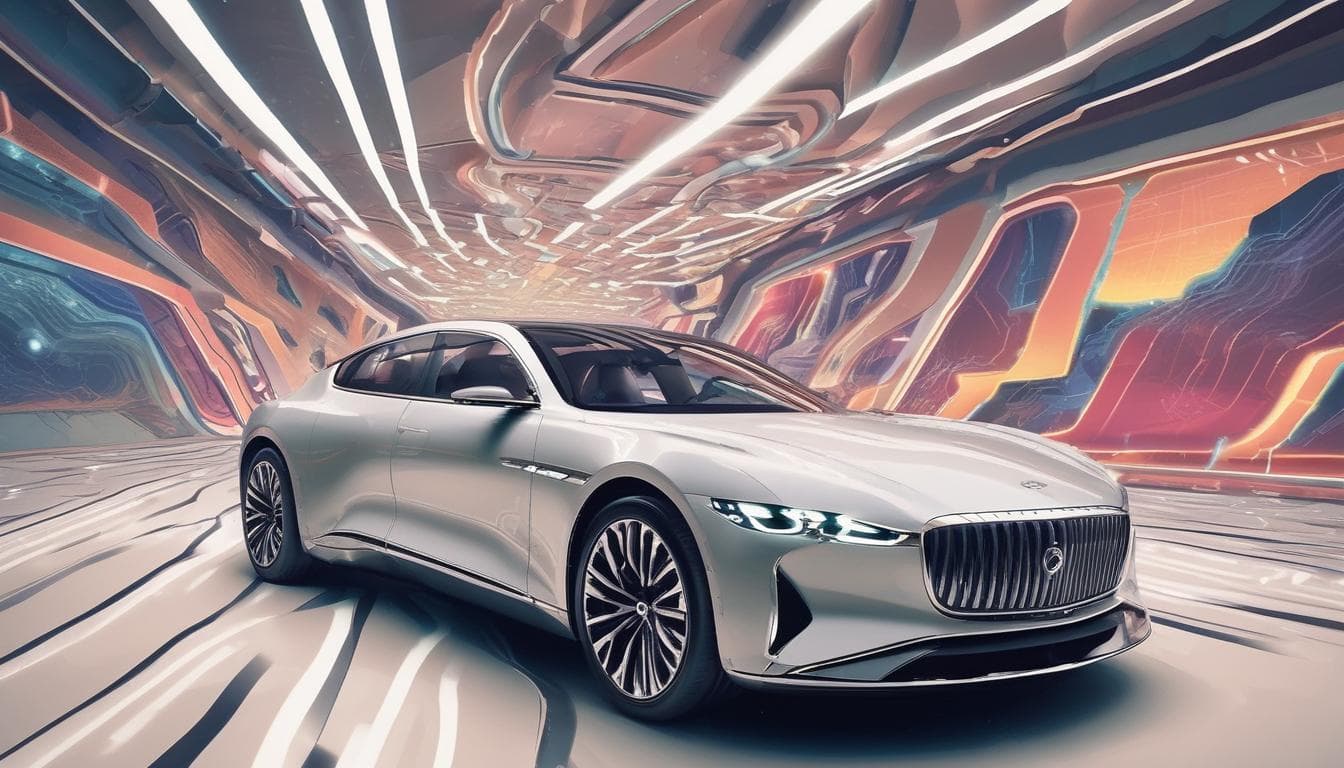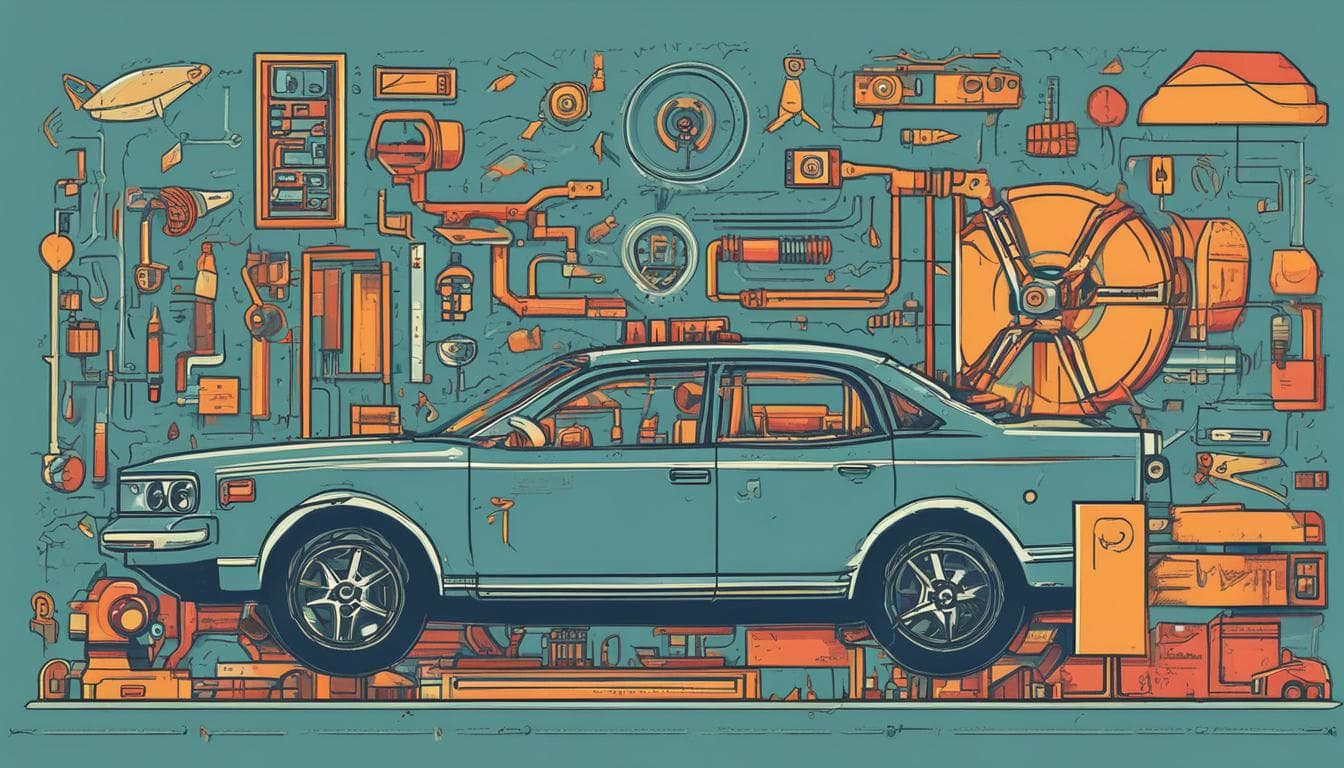If cars become personalized 'mobile sanctuaries' and AI curates our journeys, what if the vehicle itself could dynamically alter its interior environment to evoke specific emotions or memories? Imagine a car that could subtly shift lighting, temperature, subtle scents, and even haptic feedback to match a passenger's mood or simulate a desired atmosphere – from a calming forest to an exhilarating racetrack. How would such 'emotional architecture' transform our connection to our vehicles and the overall travel experience?
This vision of 'emotional architecture' in cars is truly at the frontier of automotive innovation. If vehicles could dynamically personalize their cabin environment—modulating lighting, temperature, scents, soundscapes, and even tactile feedback—they’d not only revolutionize comfort, but also deepen the emotional connection we share with our cars.
AI-driven interior adaptation could support everything from mindfulness (soothing settings for stressful commutes) to immersion (energizing experiences for spirited drives). Imagine a long road trip where the cabin gradually shifts from a sunrise ambiance to a starry night—making journeys transformative rather than transactional.
There’s already significant progress toward this level of hyper-personalization, largely thanks to how AI and big data are shaping in-car experiences. For more on where this is heading, I recommend exploring how next-gen automotive cabins are being tailored to individual moods and journeys.
Additionally, integrating such sensory-rich experiences could enhance safety by reducing stress or fatigue, and even support health through tailored environments. Technologies like advanced in-cabin sensing and biometrics are beginning to lay this groundwork—if you're interested, check out these insights into in-cabin sensing reimagining vehicle safety and comfort and biometrics in automotive personalization.
In essence, cars could become mobile extensions of our homes—or even our minds—reacting and adapting to support wellbeing and enhance every journey. What would your dream mood preset be for your daily drive?
Explore mais sobre este tópico
Participe da conversa
- Carros em Harmonia com a Natureza: Preservação Ambiental no Brasil
Explore a fascinante ideia de carros que interagem com a natureza brasileira para preservação ambiental. Imagine veículos detectando incêndios na Amazônia, monitorando a qualidade do ar e auxiliando no reflorestamento. Discuta como alcançar essa simbiose entre tecnologia e meio ambiente, seus desafios e benefícios para o Brasil.
- Carros que conversam com a cidade: utopia ou futuro do trânsito brasileiro?
Imagine carros se comunicando com semáforos e sistemas de trânsito para otimizar o fluxo e reduzir congestionamentos. Explore os benefícios e desafios dessa integração na realidade brasileira, considerando investimentos em tecnologia e infraestrutura.
- IA ao volante: seu carro aprendendo seu estilo de direção em emergências
Imagine um futuro onde a IA permite que seu carro replique seu estilo de direção em situações de emergência. Quais as implicações éticas e de segurança? Como garantir a confiabilidade e a previsibilidade em momentos críticos? Discussão sobre o papel da IA na condução autônoma e seus desafios.




